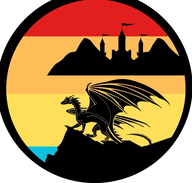 This is not the suncatcher I had; it's a poorly rendered imitation I made! Sadly, the original cracked and broke. This is not the suncatcher I had; it's a poorly rendered imitation I made! Sadly, the original cracked and broke. Inspiration is a strange beast. When people ask why I write fantasy, I usually say it was because I was tired of reading stereotypical tales of chosen-one heroes and world-ending villains. That is why I write, but that is not why I wrote the World of the Tainted. The World of the Tainted was inspired by a suncatcher. My sister gave me the suncatcher when I was in high school, and she was working in the Pacific Rim National Park. On the thin plastic, a sunset shone over the silhouette of a castle. In the foreground was a house-sized dragon with a tiny long-haired rider perched on its back. This was no D&D dragon but a huge creature with a serpentine neck and enormous wings that dwarfed the woman rider. Inspired by the sun catcher, Kasha, the first woman DragonKeeper, was born. Although her story remains unfinished, her ancestor Sair told me the tale found in Dragon's Voice, and her grandson Cairon worked hard in Dragon's Talon and SoulBurner to undo the damage Kasha failed to prevent. The Kingdom of Espar expanded into the World of the Tainted, other races making themselves known. I learned of the fall of the Lionian Sovereignty. I discovered the founding of Espar and the brigand King who lied his way into power (hint; his books are now a six-book series). I followed the last wizard from his end to his return. Dozens of stories and hundreds of characters came into existance all because of a suncatcher. Anything can inspire. It follows that everything is inspiring. With the right perspective, we can take the smallest things and make them into great ideas. It's not a passive process, though. It's not about being inspired. It's about seeking inspiration. It's everywhere. You just need to look.
0 Comments
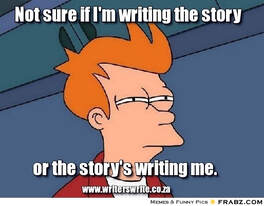 Because it came up in the last blog, I decided it was high time I did a little PSA about these terms. All professions have their lingo. This happens to be one for authors! Pantser vs. Plotter. Before we get too far in, know that I'll mention two variants on this at the end. But to get us started, these are the main two styles of writing. In my experience, few people are exclusively one or the other, although it's evident that some people lean heavily toward one. I am an admitted pantser. So what does that mean? Does it matter? And is it a good thing or not? Pantser: Pantsers "fly by the seat of their pants," which is where the term comes from. With pantsers, there is no large plan. They start somewhere and go forward, discovering the story as it is written. Pro: You have full creative flexibility. With nothing set in stone, you can go anywhere with the writing, and there is a definite "high" to writing like this, as if you are reading a book that no one else has ever read. My favourite is having a moment when multiple factors I didn't know click together perfectly. I'm not sure if it's the subconscious at work in the background or just creative manipulations, but I LOVE finding those unplanned but perfect moments. Cons: Revisions. If you don't know where you are going, plot points or world-building often need adjusting after finishing, requiring extensive edits. Also, getting stuck in the soggy middle happens more with pantsers because they don't have a map out of it; it's harder to finish if you don't know the ending. I'm pretty sure the vast majority of new writers start with pantsing, whether they know what it is called or not. It's how we read stories, so it makes sense that it's how we default to writing them. But I've seen many academic writers going to fiction that outline from the start. They probably have an advantage in some ways. Plotter: Plotters plot and plan their story. The most obvious way of doing that is an outline, where each chapter is laid out at least in part, but it can mean in one's head or on flashcards or whatever. The detail of the outline or planning varies. Some people have each scene listed with their date, point of view, and main plot points, all written out long before they write the first sentence. Some people have just the scenes listed or the main plot points and how they connect. Pro: You can hit the ground running. As soon as you're ready, you have a map to follow through the story and won't get caught up in large plot holes (as you've already sorted those out). You'll be through the book without as much risk of writer's block. Also, there are fewer revisions required! Con: It's time-consuming, and some people will get so bogged down in outlining that they don't get to the writing. Or maybe once you start writing, it doesn't go as planned, and you must redo the outline. Sticking to a flawed outline or forcing a story to follow one can make for bad writing and bad books! This is where most professional authors, especially those on deadlines, end up. It's more efficient at getting your book into the editor's hands instead of needing significant rewrites! You might come across two other "styles": Quilter and Plantser. Quilters Quilters write multiple parts of the story, like the start, the end, a few bits in the middle, or all the side plot scenes and one finale. Then they weave or stitch all the scenes together and produce the final product. It's not a popular style as it requires a special kind of brain or a special kind of story. If you have several separate stories that had to then coincide, it might work well, but continuity would be tricky with this style for most stories. Plantser: This is what happens when people don't want to settle in the box; they want to be both plotter and pantser. So they call themselves plantser, and while I know some people genuinely are in the middle between the two, mostly I see this used when people just don't know yet where they fall. Plotters will pants parts of their story (that's the "creative" part of creative writing). And a lot of pantsers will plot their way out of a bind if needed (because if they don't, they can't move on!) So I don't know if we need a term for this, but it's out there. There. Now that's a thing you know. Which style suits you better? Can you tell what type an author is based on their book? |
D. Lambert, authorFantasy novels that entice, inspire, and entertain. Archives
May 2024
Categories |
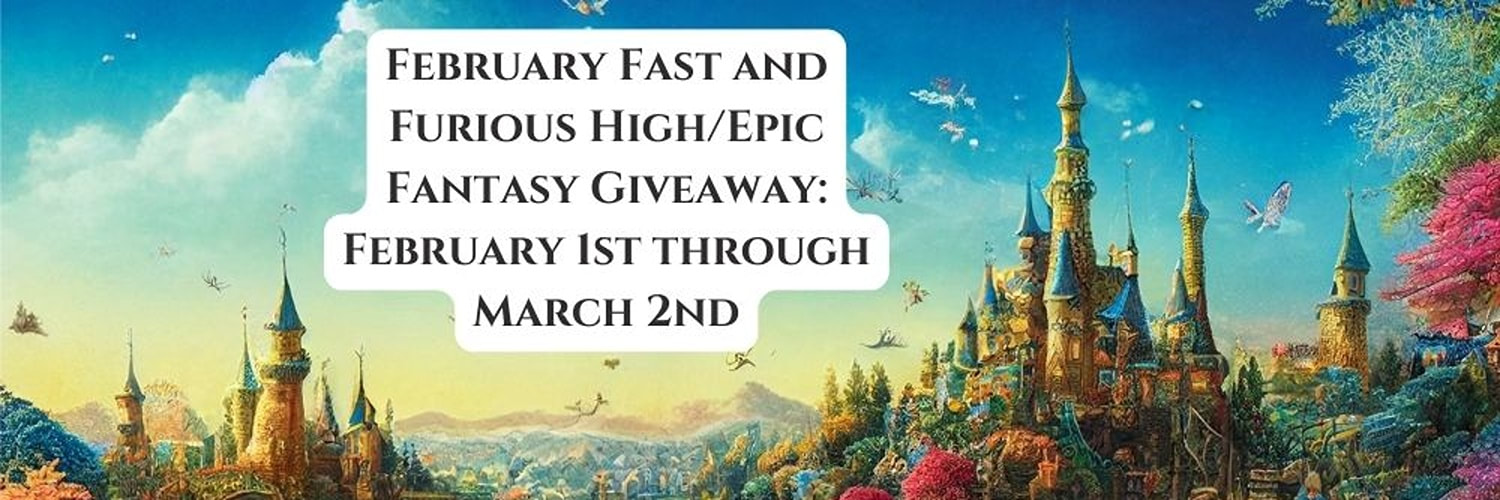
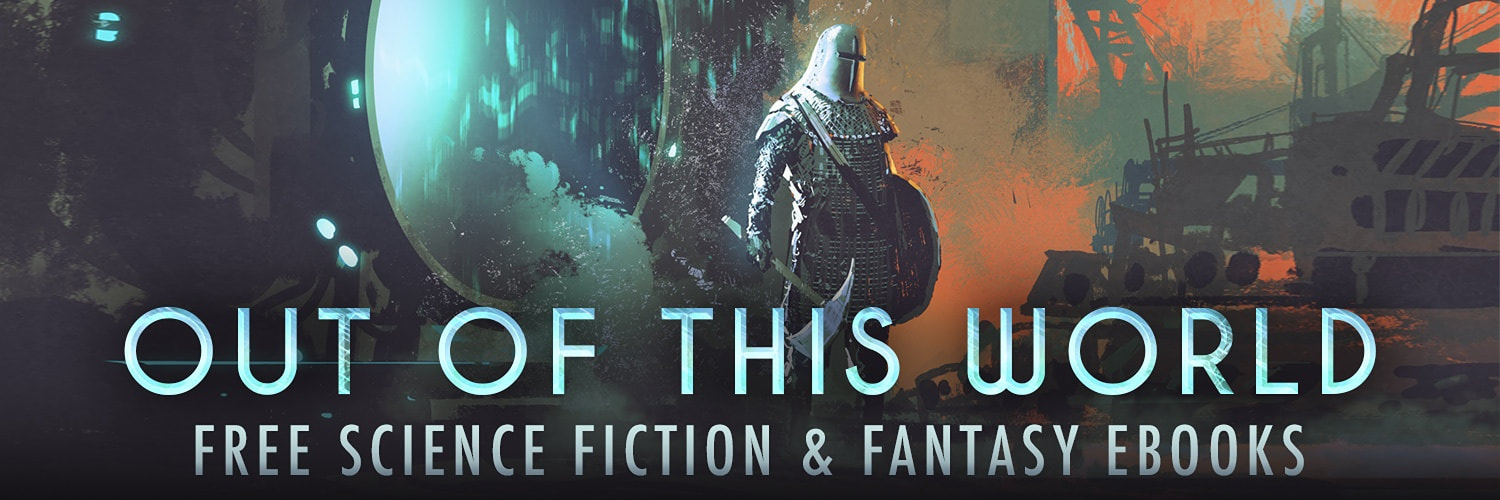
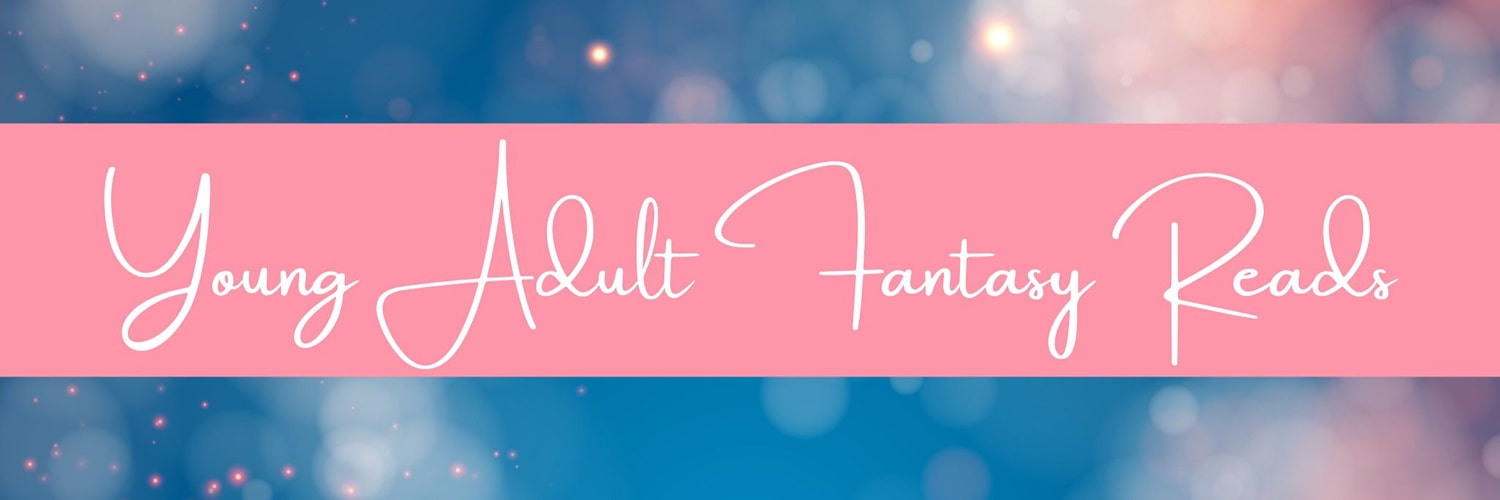
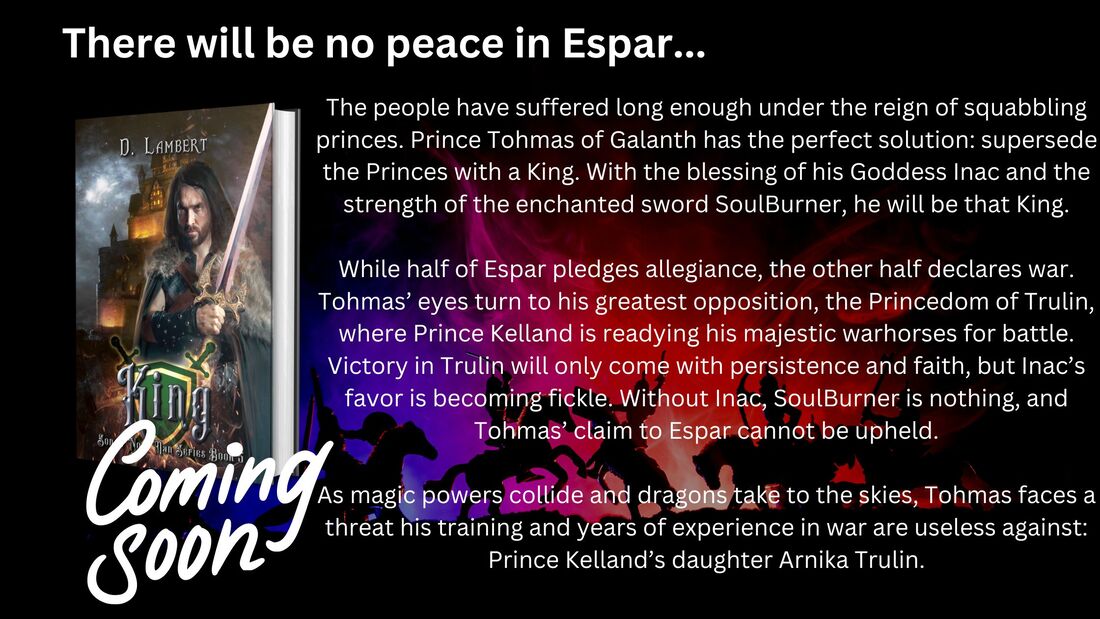
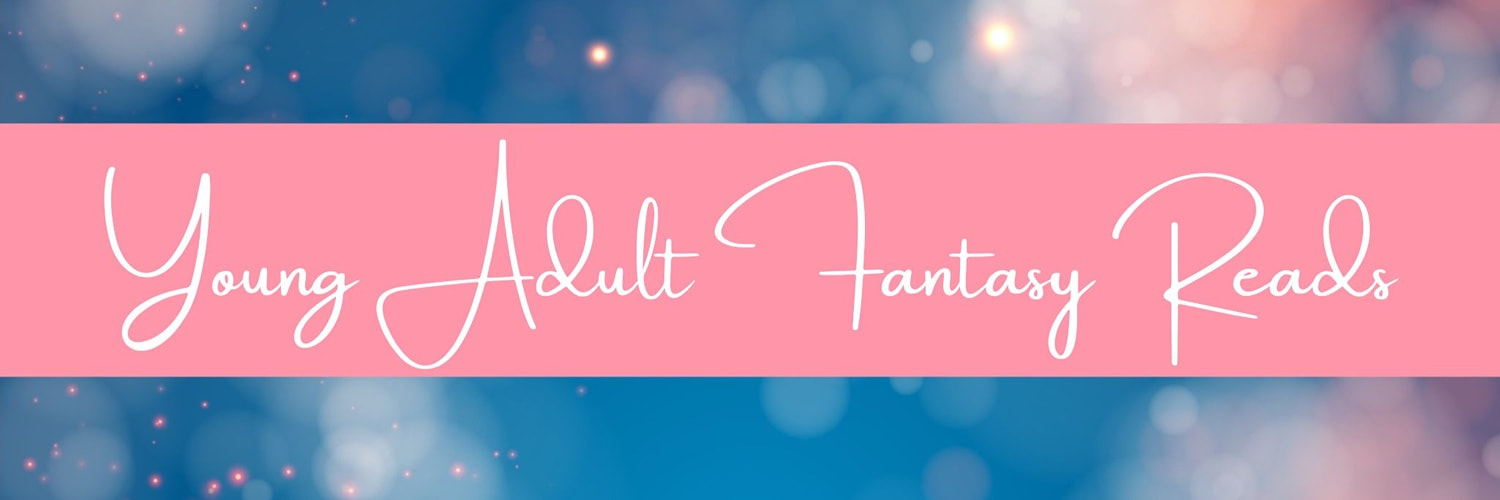
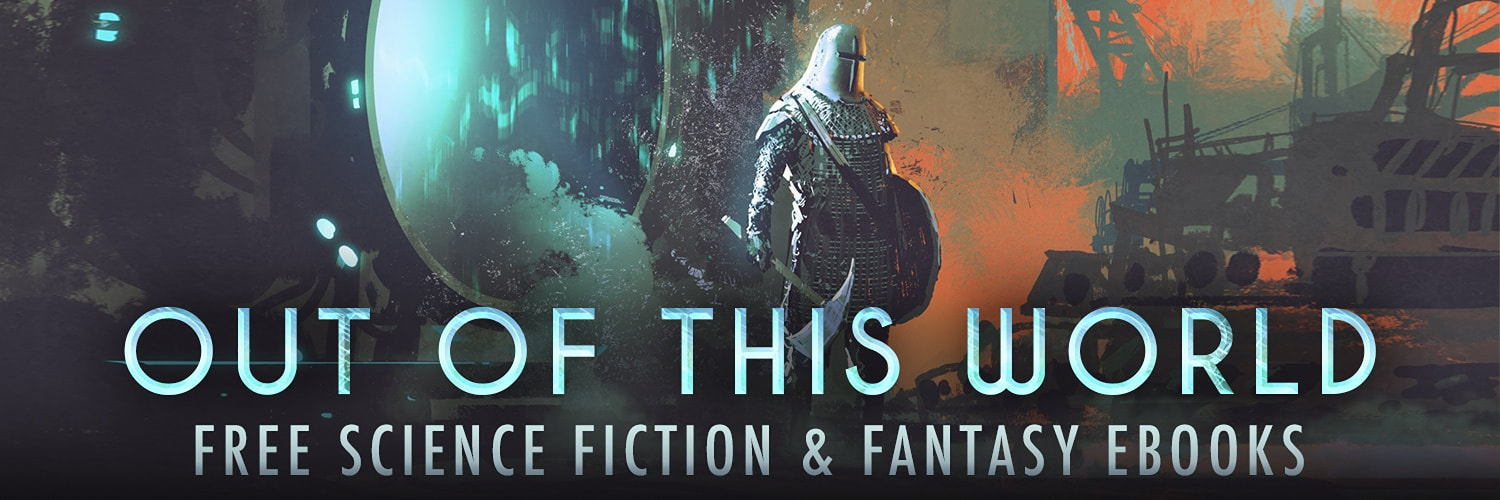
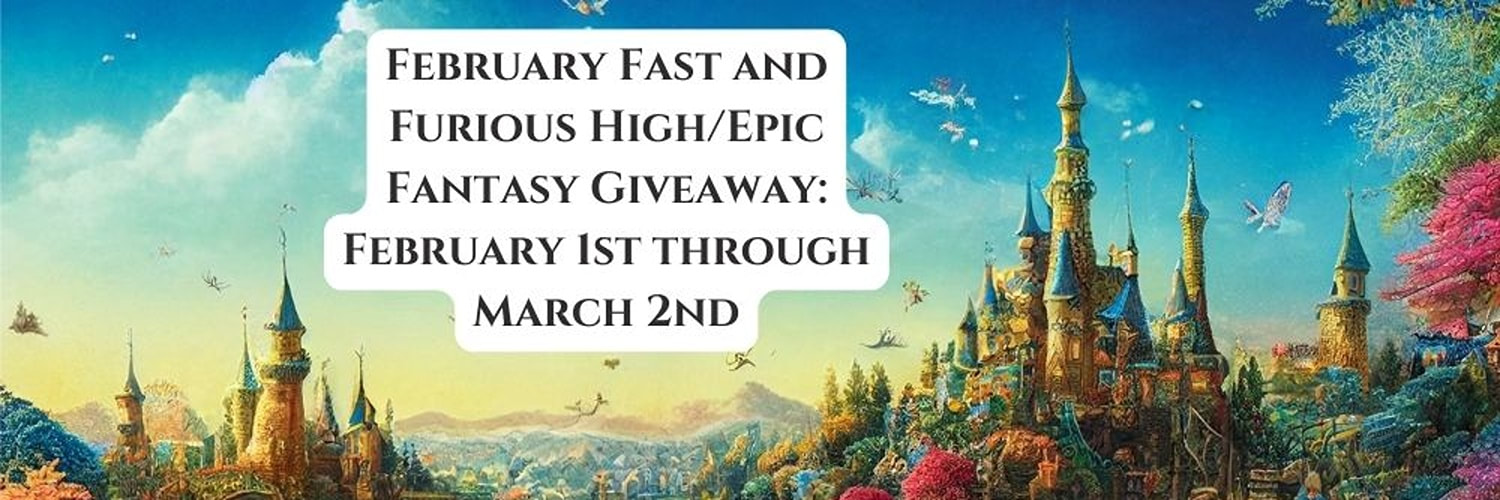
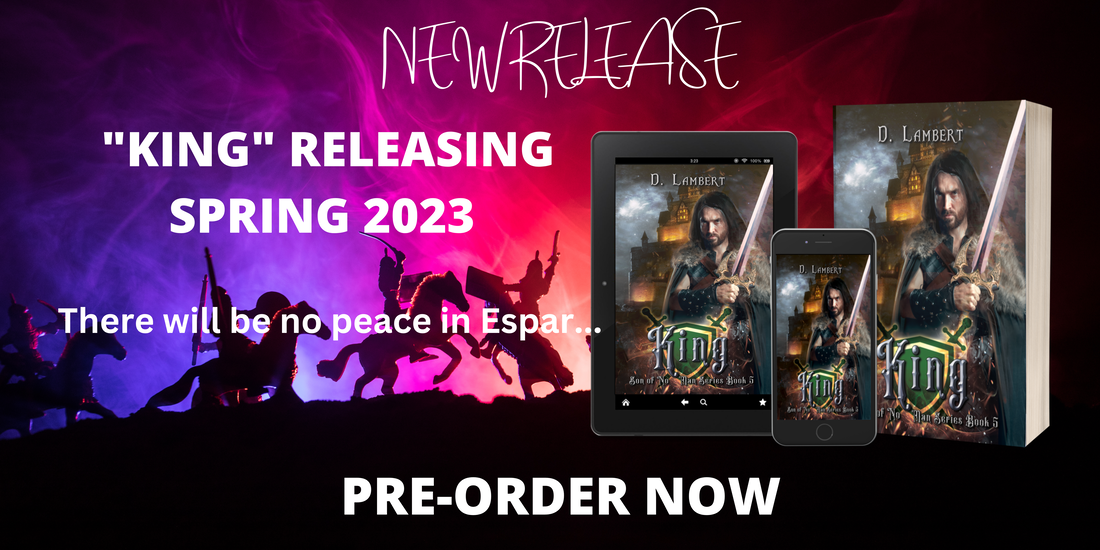

 RSS Feed
RSS Feed